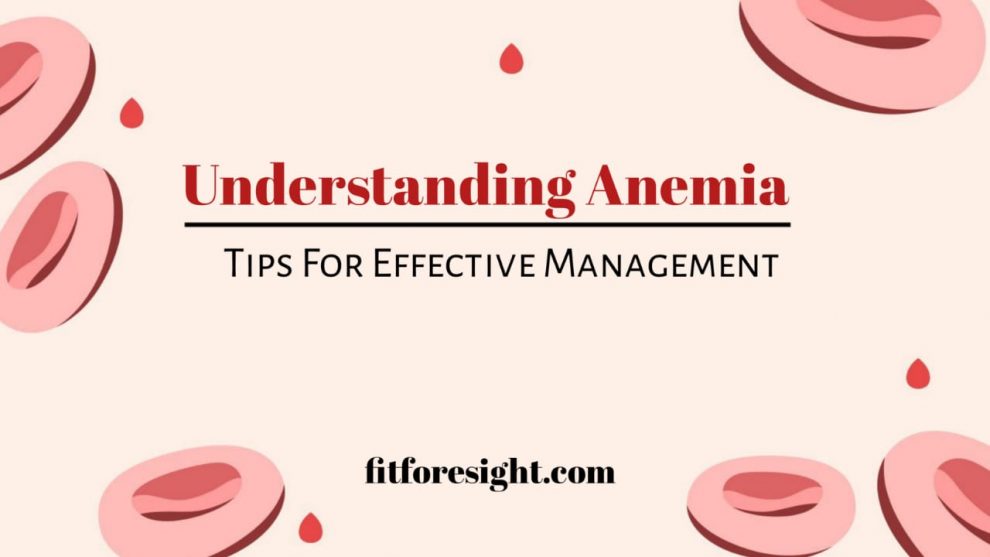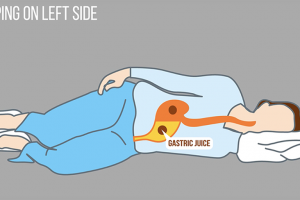Causes, Symptoms, and Tips for Effective Management
Anemia is a common health condition characterized by a deficiency of red blood cells or a decrease in the quality or quantity of hemoglobin in the blood. Hemoglobin is essential for transporting oxygen from the lungs to the rest of the body. Anemia can leave you feeling fatigued, weak, and short of breath, but the good news is that it’s often manageable. In this article, we’ll explore anemia, its causes, symptoms, and tips for effective management.
Understanding Anemia: Anemia can result from various factors, including:
- Iron Deficiency Anemia: This is the most common type of anemia and is often caused by a lack of dietary iron, which is crucial for the production of hemoglobin.
- Vitamin Deficiency Anemia: A deficiency in vitamins such as B12 and folate can hinder the production of healthy red blood cells.
- Chronic Diseases: Conditions like chronic kidney disease, inflammatory disorders, and certain cancers can lead to anemia.
- Hemolytic Anemia: This condition occurs when the body destroys red blood cells faster than it can produce them.
Common Symptoms of Anemia: The symptoms of anemia can vary in intensity but often include:
- Fatigue
- Weakness
- Pale skin
- Shortness of breath
- Dizziness or lightheadedness
- Cold hands and feet
- Headaches
- Irregular heartbeat
Tips for Managing Anemia: While anemia can be challenging, there are several ways to alleviate its symptoms and improve your overall well-being:
- Consult a Healthcare Provider: If you suspect you have anemia, consult a healthcare provider for a proper diagnosis. They can determine the cause and recommend the most suitable treatment plan.
- Iron Supplements: If you have iron deficiency anemia, your doctor may recommend iron supplements to boost your iron levels. It’s important to take these supplements as prescribed.
- Nutrient-Rich Diet: Incorporate iron-rich foods into your diet, such as lean meats, poultry, fish, beans, lentils, fortified cereals, and dark leafy greens. Also, ensure you’re getting enough vitamin C, which enhances iron absorption.
- B12 and Folate: For vitamin deficiency anemia, focus on foods rich in B12, like dairy products, eggs, and fortified cereals. Leafy greens, citrus fruits, and beans are good sources of folate.
- Avoid Iron Blockers: Some substances can hinder iron absorption, such as tea and coffee. Try to consume these in moderation, especially during meals.
- Manage Chronic Conditions: If an underlying health condition is causing anemia, work closely with your healthcare provider to manage and treat that condition effectively.
- Hydration and Healthy Lifestyle: Stay well-hydrated and maintain a healthy lifestyle. Regular exercise and adequate sleep can boost your energy levels.
Remember that managing anemia often requires time and patience. It’s important to follow your healthcare provider’s recommendations closely and make healthy choices in your daily life. With the right approach, you can alleviate anemia’s symptoms and regain your vitality.

























Add Comment